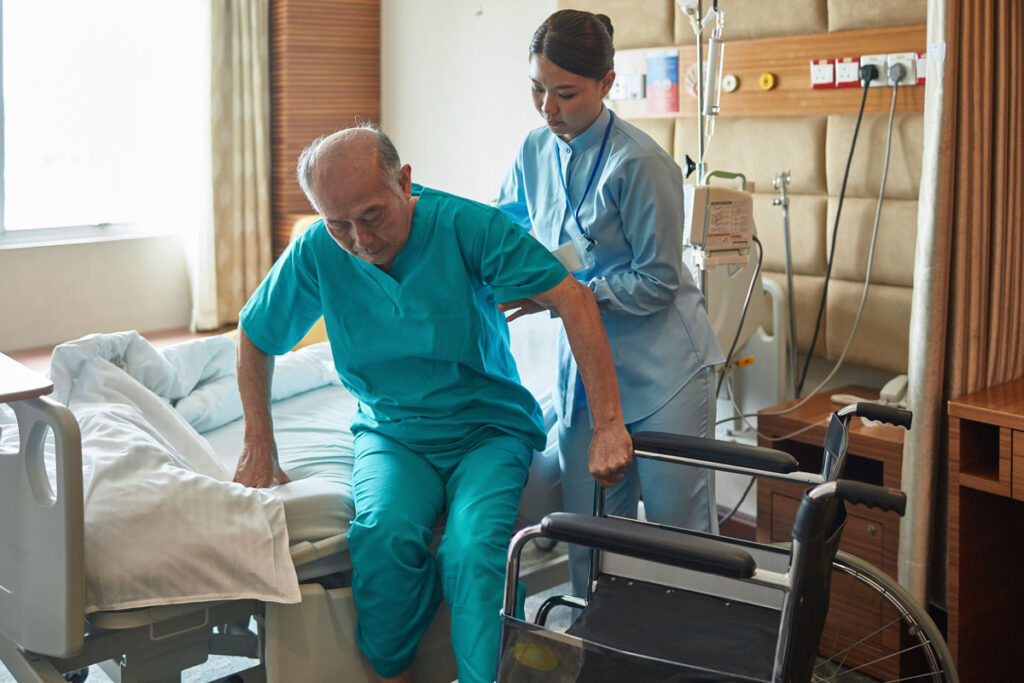您如何提供帮助
如果您的所爱之人被诊断出患有淋巴瘤,他们不应该独自面对抗击淋巴瘤之路。
得知自己患上淋巴瘤绝对不是一件轻松的事情。人刚被诊断出患有淋巴瘤时的情绪可能很难平复,而照顾患有淋巴瘤的所爱之人意味着您要与他们一起面对癌症。感到疲惫、担忧,甚至不知所措是非常自然的。对于那些面临难治性或复发性淋巴瘤的患者,这种经历会让他们回想起初次确诊时的复杂感受。即使您的所爱之人知道还有其他选择,当第二次面对这种情况时情绪仍然不太容易平复。

如果您的所爱之人被诊断出患有淋巴瘤,他们不应该独自面对抗击淋巴瘤之路。
得知自己患上淋巴瘤绝对不是一件轻松的事情。人刚被诊断出患有淋巴瘤时的情绪可能很难平复,而照顾患有淋巴瘤的所爱之人意味着您要与他们一起面对癌症。感到疲惫、担忧,甚至不知所措是非常自然的。对于那些面临难治性或复发性淋巴瘤的患者,这种经历会让他们回想起初次确诊时的复杂感受。即使您的所爱之人知道还有其他选择,当第二次面对这种情况时情绪仍然不太容易平复。


作为所爱之人,您是伴侣、朋友、医疗援助者和倡导者,当涉及到潜在的选择时,您可能需要深度参与决策过程。如果您的所爱之人患有淋巴瘤,他们可以参加试验研究。
Share this website with your loved one so they can learn more about these research studies.
Our team is happy to answer questions from you or your loved one. Encourage your loved one to contact our nurses to ask any questions they may have and see if they may qualify to participate in a study.
Download a study guide with more information on one of the EPCORE program studies that you can share with your loved one.
Encourage your loved one to speak with their doctor about clinical research study participation. You can download a discussion guide to help foster the conversation between your loved one and their physician.